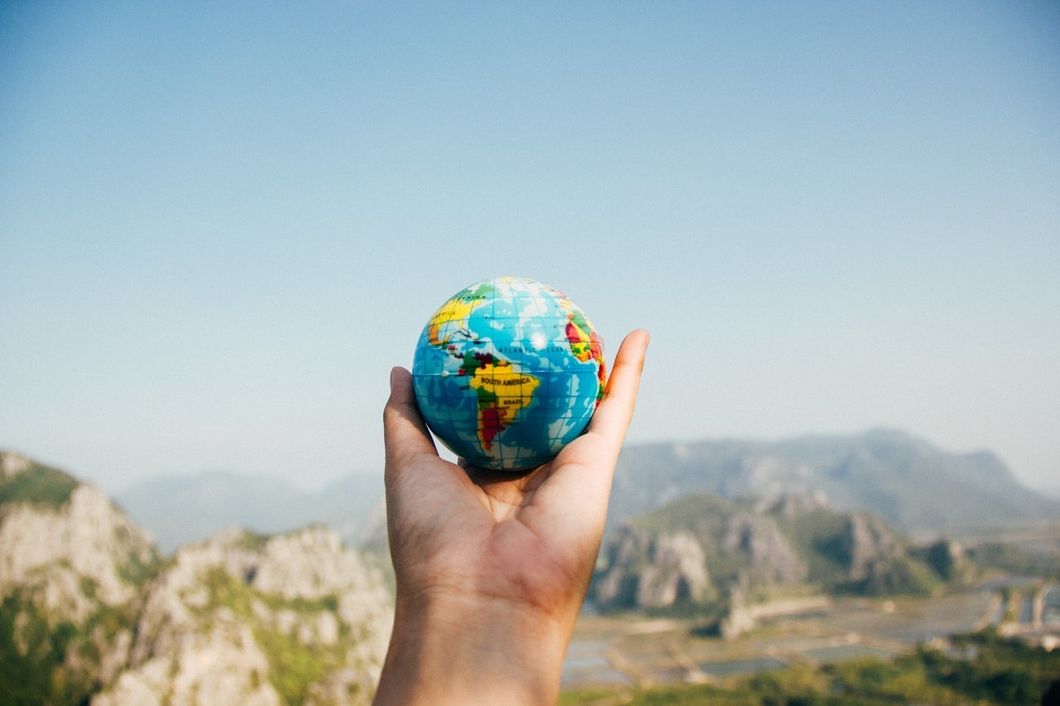1. There is more.
There is more than your air-conditioned, instant-serviced world made ready to order. There are forests not regulated by the government, with paths worn by the feet of thousands of years of ancestry. There are skies that haven't smelled the stench of pollution. There are communities unaffected by last month's issue of "Vogue" – communities that are feeding their children hard-earned meals created from recipes older than your father's vintage Corvette.
21st-century generations living in first-world countries have a tendency to form an entire worldview based off of a miniscule slice of the world. Mission trips show you more. Being different from another country does not automatically indicate something worse or better, but simply different. There is value in culture. There is value in observing and learning from a culture and recognizing that there is more than your own. You take part in experiences that you never would have in your home country: making pupusas in front of a Salvadorean mother's house while neither of you speaks the other's language, using the basic Spanish you learned in school to converse with vendors in an outdoor market about their hand-woven hammocks, reaching the end of a hike that leads to the edge of a sleeping volcano that destroyed civilizations in its earlier years.
2. Giving is better than receiving.
Spending an entire trip centered around giving to others changes your focus. We spend our lives worried about what our future will look like and how people think of us and whether we're getting the best out of life, and all of the overthinking and introspection festers until we implode. Mission trips quiet the anxiety and silence the introspection. You become too enamored with the novelty of the culture and the generosity pouring from the lives around you to focus on yourself; then the paradox completes itself — in losing yourself, you save yourself.
There is a common misconception among those who participate in mission trips that the natives of the said field need them. This isn't intrinsically and always true. We give because it is good. In the middle of fallen humanity, we can still connect with the goodness that humanity was intended to model. And when we give, they give back. While I was in El Salvador, I found that I wasn't needed — but I was appreciated, and in the process of working alongside people raised in vastly different circumstances than me, they gave just as much back to me, if not more. All of the talents and possessions we feel we have to offer pale in comparison to the kindness and humble graciousness they share with us.
3. Love has no nationality.
Languages, borders, customs, policies, and cultures separate people and mangle communication, convincing certain nationalities that others will never understand — that they're too different. But I learned lessons that were not spoken in English. I painted buildings, walked streets, made meals, and shopping alongside foreigners who became friends through unconventional communication. There is no misunderstanding found in a genuine smile. Translators were there to explain the literal; but hands guided, eyes urged, smiles encouraged, laughs shared concepts and knowledge that are found outside the grammar of a first language. If love is an action, then it is not dependent on a dialect or nationality.












